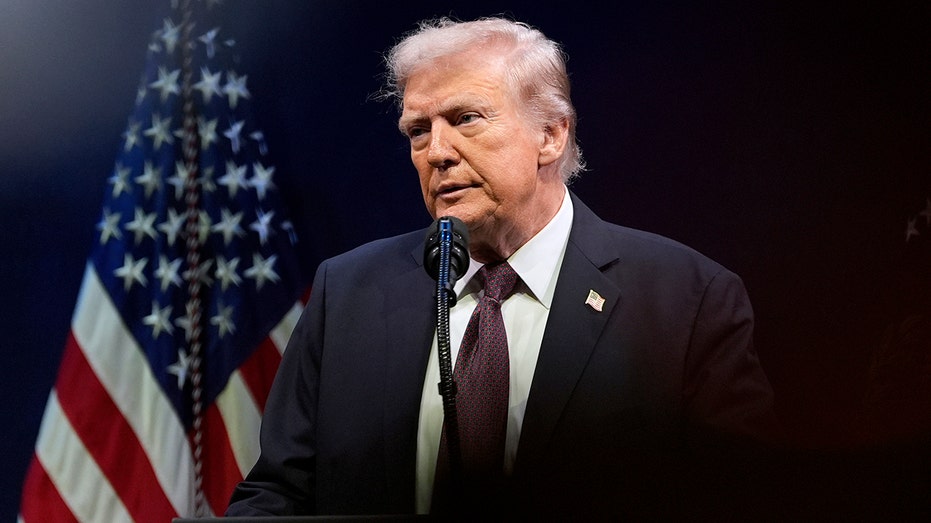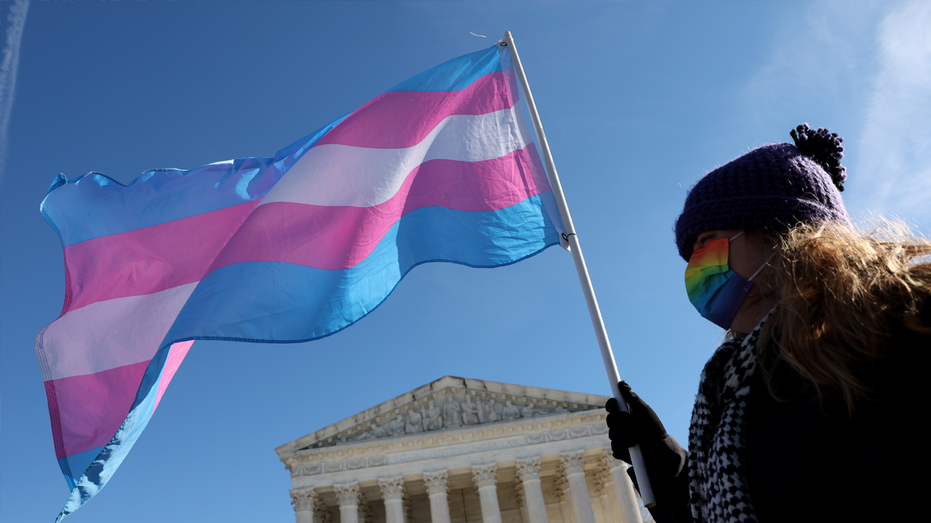A shadow has fallen over the services promised to those who served. The recent federal government shutdown has directly impacted nearly 37,000 Department of Veterans Affairs employees, forcing them into furlough or unpaid work – a stark consequence of political impasse.
Despite the turmoil, a critical lifeline remains open. VA medical centers, outpatient clinics, and Vet Centers are continuing operations, shielded by previously approved Congressional funding. This ensures immediate medical care isn’t interrupted for veterans in need, a small measure of stability amidst the chaos.
However, the impact extends far beyond direct medical attention. Over 900,000 veterans are now without access to the GI Bill hotline, a vital resource for navigating education benefits. This shutdown silences a crucial voice for those pursuing higher learning after their service.
The disruption doesn’t end there. 100,000 veterans enrolled in the Veteran Readiness and Employment program are now without counseling and case management, essential support for those transitioning back to civilian life. Their paths forward are suddenly clouded with uncertainty.
Across the nation, 56 VA regional benefits offices stand closed to the public, creating a barrier to accessing earned benefits. The simple act of seeking assistance has become an obstacle course for many who have already overcome immense challenges.
For those nearing the end of their military careers, the transition to civilian life is now fraught with difficulty. Over 16,000 service members are unable to receive vital VA transition briefings, leaving them unprepared for the challenges ahead.
Even the final resting places of our nation’s heroes are affected. Grounds maintenance and the placement of permanent headstones have ceased at 157 VA national cemeteries, a somber reflection of the shutdown’s far-reaching consequences. Though burials will continue, the dignity of upkeep is temporarily suspended.
The blame for this situation is fiercely contested. Accusations fly between parties, with some claiming the shutdown prioritizes certain populations over the needs of veterans and taxpayers. Others call for bipartisan compromise to address broader concerns about healthcare costs.
At the heart of this political struggle are the men and women who answered the call to serve. Their benefits, their transitions, and even the honor of their final resting places are caught in the crossfire, a painful reminder of the human cost of political division.
The hope remains for a swift resolution, a return to normalcy, and a renewed commitment to fulfilling the promises made to those who have sacrificed so much for our nation. Until then, the shadow of the shutdown lingers, a stark reality for countless veterans and their families.






